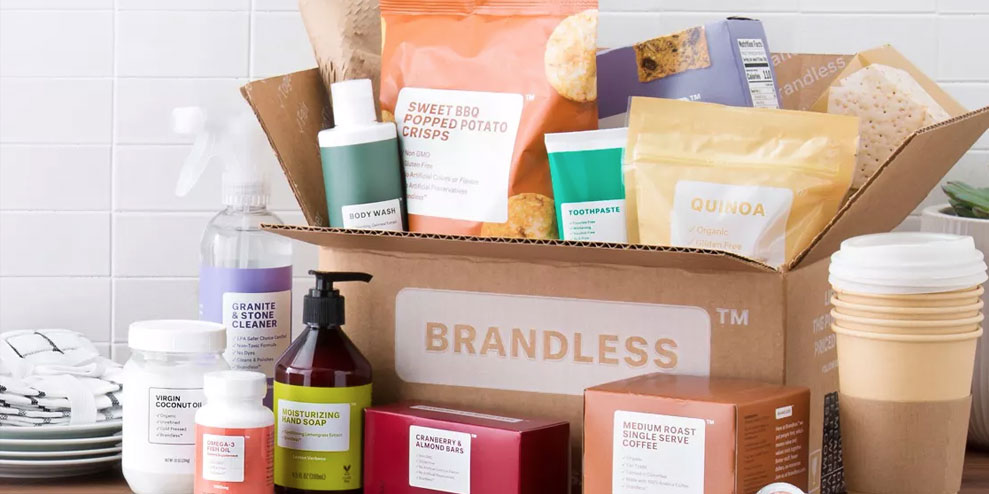An interesting irony of today’s retail landscape is that brands have never been more and less important.
“In one sense, the growing popularity of D2C illustrates the value of differentiation, product innovation and addressing unmet customer needs,” said Andrew Lipsman, eMarketer principal analyst and author of our latest report, “The Future of Retail 2020: 10 Trends that Will Shape the Year Ahead.”
“At the same time, today’s consumers are looking for value and aren’t necessarily attached to particular brands—or possess fondness for the retailer over the brands on the store shelves.”
In brick-and-mortar, the retailers opening the greatest numbers of new stores skew heavily toward this “brandless” dynamic. According to an IHL Group report in August 2019, several of the retailers topping the list were discount merchants—and specifically dollar stores—trafficking heavily in generic merchandise. In the grocery space, growth was coming from discount supermarkets like Aldi, which is dominated by private-label products. (Trader Joe’s, who shares a parent company with Aldi, is similarly driven by private labels and has gained a cult following among shoppers.)
Aptly named D2C brand Brandless—an online purveyor of minimalist grocery, wellness and home goods—has oriented its brand around the rise of digital-first shoppers who prefer products that include fewer, more natural ingredients. These shoppers have an evolving view of brands and don’t harbor any particular affinity for household names they grew up with.
“Consumer mindset is shifting, and people are not anti-brand. They’re leaning more toward anti-the-way-it-used-to-be,” said Aaron Magness, CMO of Brandless.
What might appear to be a small aperture in brand sentiment is widening, and it’s creating new opportunities for nontraditional private labels to emerge. “Private labels used to signify cheaper, lower-quality ingredients,” Lipsman said. “Today, brandless brands are flipping that notion on its head and providing what many perceive as better quality while maintaining good value.”
In August 2019, Target introduced Good & Gather, a new food and beverage store brand, as part of the company’s revamped private-label strategy. “The idea behind the brand is simple: great food made for real life,” Target CEO Brian Cornell said on the company’s Q3 2019 earnings call. “Good & Gather incorporates simple, high-quality ingredients without any artificial flavors, synthetic colors, artificial sweeteners or high-fructose corn syrup.” The brand has received a positive reception from customers and appears to have contributed to Target’s strong bottom-line performance in Q3.
“For the retailer, it’s a very opportunistic move—good from a financial standpoint to be able to drive volume through an owned brand,” said Jason Young, chief marketing and media officer at retail marketing tech provider Quotient Technology. “Certain commoditized categories across segments with high price sensitivity, that’s where the vulnerability is going to exist.”
–
This article first appeared in www.www.emarketer.com
Seeking to build and grow your brand using the force of consumer insight, strategic foresight, creative disruption and technology prowess? Talk to us at +9714 3867728 or mail: info@groupisd.com or visit www.groupisd.com


